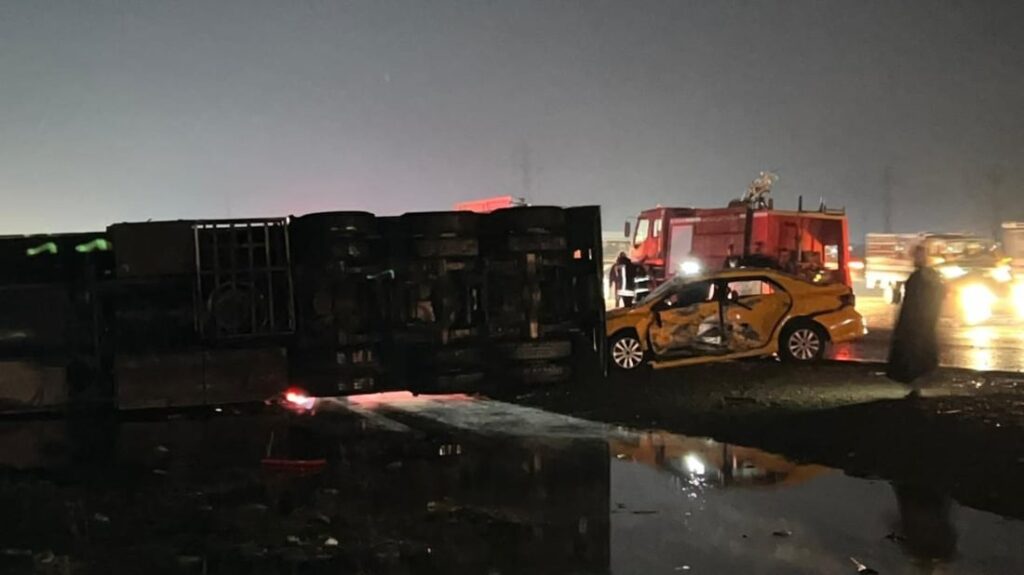Iraq reopens a border crossing with Iran after five-month of closure

ERBIL (Kurdistan 24) – On Monday, Iraq announced that it was opening the Mandali border crossing in Diyala governorate, which connects Iraq with Iran, in the middle of the two countries.
The border crossing had been closed for nearly five months, as the Iraqi Border Ports Authority explained. It was shut down last August, through a decision of then Iraqi Prime Minister Adil Abdul Mahdi, because of allegations of corruption in the administration of the border post.
The Border Ports Authority in a statement announced that Abdul Mahdi, who remains Iraq’s interim Prime Minister, has now decided on re-opening the border-crossing on Tuesday, Dec. 24.
The statement explained that the decision came after “the completion of the necessary procedures to re-develop the border-crossing in terms of infrastructure and services, while building several offices and bases for the operational staff and providing them with the necessary equipment to prevent the violations that had been taking place before.”
Iraq has one of the world’s largest oil reserves, and it is the second-largest oil producer in the Organization of the Petroleum Exporting Countries (OPEC.) However, its citizens suffer from extreme poverty and high unemployment rates—which has led to popular protests that have been ongoing since October.
In response, Abdul Mahdi resigned his post on Nov. 29. Iraqi President Barham Salih, after consultation with the parliament, was supposed to name an interim prime minister last week. However, that deadline has passed twice.
The underlying problem is that the protestors reject the entire political system, set up by the US in the wake of Operation Iraqi Freedom (OIF)—the US name for the 2003 war that ousted the regime of Saddam Hussein.
The Bush administration believed that establishing democracy in Iraq would be easy. It even believed, at one point, that it could transform the entire Middle East by promoting democracy in Iraq and other countries.
Yet establishing good governance in the region has proven a much more difficult task than the Bush administration thought, while Iraq’s government remains highly problematic—hence the ongoing protests.
But, ironically, the protests are not directed against the US, as much as they are directed against Iran, which has established a considerable presence in Iraq during the 16 years since Saddam’s overthrow.
Iraq ranks very high on Transparency International’s list for corruption, fraud, and mismanagement. It is number 169 on that list—the eleventh most corrupt country out of a total of 180.
The other government established by the US in its post 9/11 wars—Afghanistan—ranks even worse: 172, while Iran, itself, fares only somewhat better at 138.
Editing by Laurie Mylroie

